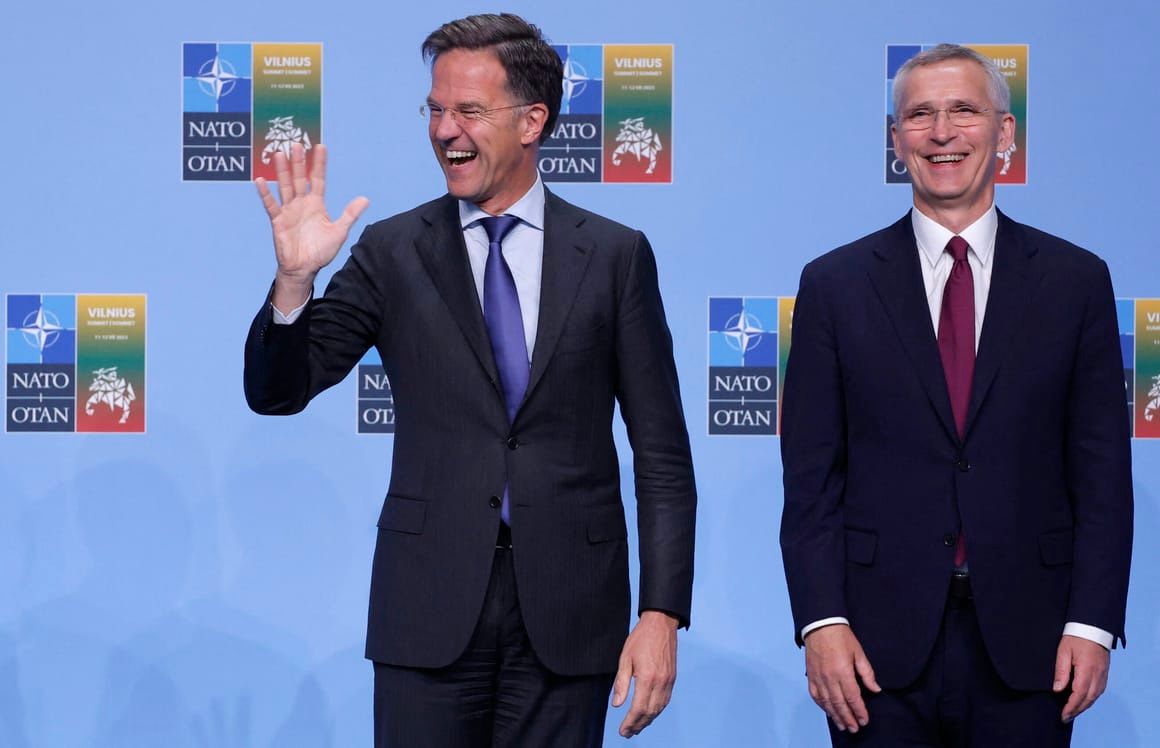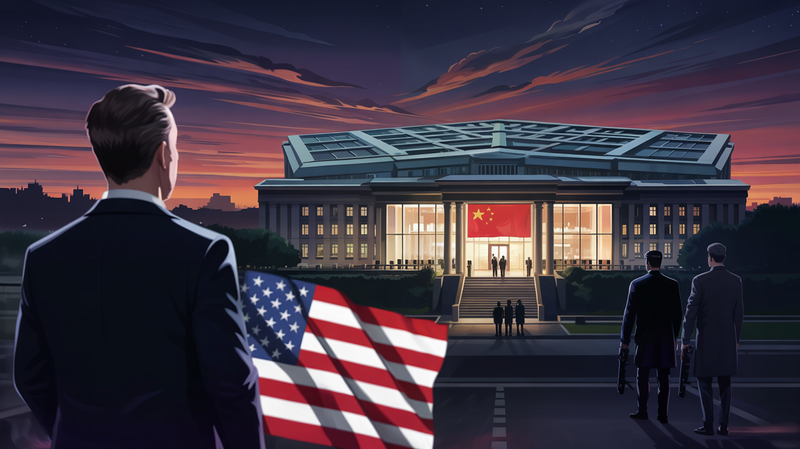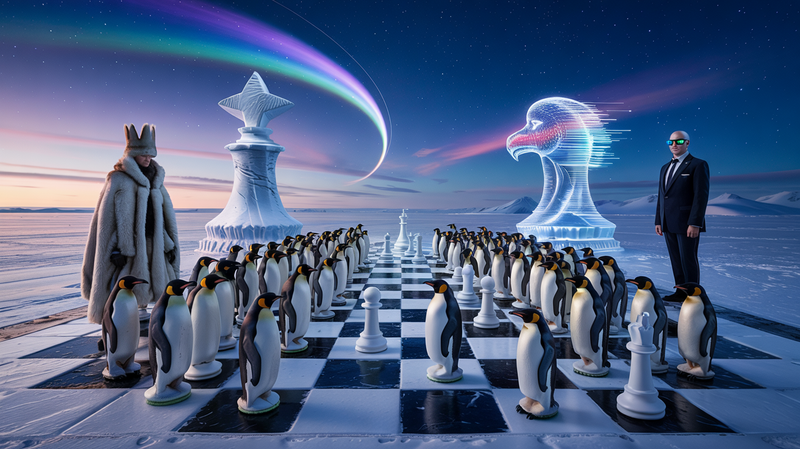Mark Rutte's Bid for NATO's Top Position Faces Challenges
Dutch Prime Minister, Mark Rutte, has emerged as a strong contender for NATO's secretary-general position. Despite expressing his interest recently, Rutte faces challenges stemming from the Netherlands' inconsistent defense spending and the preference for a female leader for the alliance. While no official statements have been made

Dutch Prime Minister, Mark Rutte, has emerged as a strong contender for NATO's secretary-general position. Despite expressing his interest recently, Rutte faces challenges stemming from the Netherlands' inconsistent defense spending and the preference for a female leader for the alliance.
While no official statements have been made regarding Rutte's candidacy, anonymous sources suggest he will receive significant support, especially from countries prioritizing stances on Russia and Ukraine. Given his extensive political background and his position as a bridge between Anglo-Saxon and Continental European viewpoints, many see him as a compromise choice.
However, securing this prestigious position isn't straightforward. The candidate must get unanimous backing from all 31 NATO members, which can be unpredictable. Further, the U.S., NATO's most influential member, requires familiarity with the chosen leader. Currently, many Washington lawmakers, including Senators Mitt Romney and Lindsey Graham, aren't acquainted with Rutte.
Rutte's extensive political experience, including navigating NATO through Russia's conflict with Ukraine and his interactions with former U.S. President Donald Trump, make him a considerable contender. In a recent radio interview, he expressed his interest in the NATO position, seeing it as an opportunity to play a crucial role on the international stage amid significant global changes.
The Dutch Prime Minister has shown strong support for Ukraine. Under his leadership, the Netherlands was the first non-G7 country to secure bilateral security commitments with Kyiv. The Dutch government also spearheaded initiatives to train Ukrainian pilots and has consistently been one of Ukraine's most dependable allies.
Over the years, Rutte has distanced himself from Russia, especially following the tragic downing of Malaysia Airlines flight MH17 in 2014 by Russia-backed forces, which took the lives of 198 Dutch citizens. Additionally, he has strengthened his ties with the U.S., even as he worked on restrictive trade measures against China, bypassing the EU's slower decision-making processes.
Despite these strengths, Rutte's challenges aren't limited to defense spending. There is increasing pressure to appoint a female NATO secretary-general, a position historically held by men. Candidates like Estonian PM Kaja Kallas and Danish PM Mette Frederiksen are also in consideration, but face their challenges. France insists that the next NATO chief be from the European Union, eliminating potential candidates from other regions.
As the race progresses, Rutte's cooperative nature, both domestically and internationally, stands out as a strong trait. However, some believe that his conciliatory approach might be a disadvantage, questioning whether he possesses the assertiveness and visionary leadership that NATO demands at this critical juncture.




